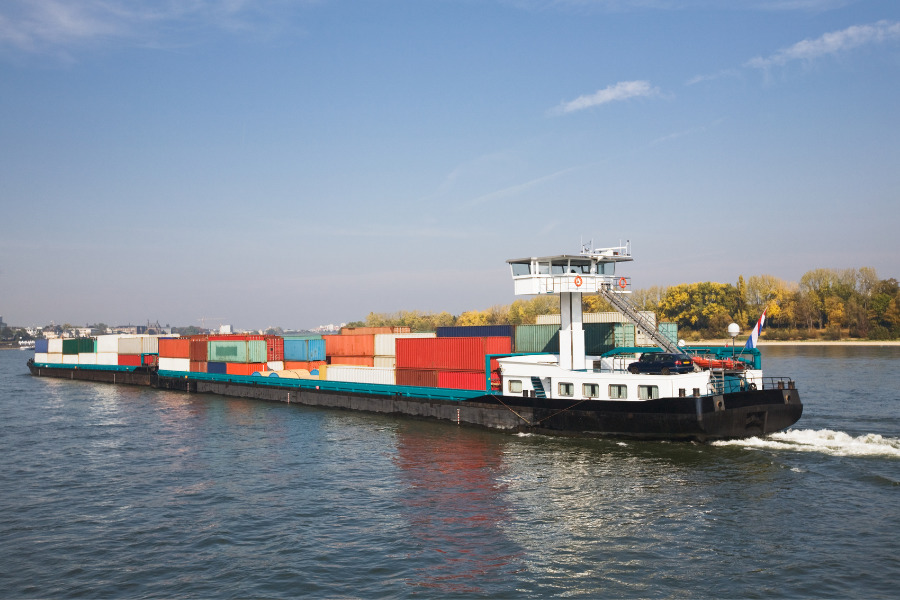Food businesses are facing logistics issues regarding rising freight costs on top of the ongoing COVID-19 crisis.
Rising freight rates and delivery delays have led to global backlash from companies frustrated about the mix of a deteriorating service and higher ocean shipping costs, reported Bloomberg (Feb. 4).
According to a January survey of Hong Kong-based Freightos (an online shopping marketplace) users, 77% of small- to medium-sized importers reported supply chain difficulties over the past six months. And, of that group, 44% said they raised product prices as a result. Companies with less than $5 million in revenue were suffering more and were likelier to pass on the costs to customers.
WHAT’S CAUSING FREIGHT COSTS TO INCREASE?
Food piling up in the wrong places is mostly due to carriers hauling empty shipping containers, reported Bloomberg. The main issue is that China has ramped up its export economy as it recovers from COVID-19, making it more profitable to send them back empty than to refill them.
However, some are also blaming an industry that has become more concentrated. In 2017, about a dozen container lines that control 80% of the global market formed three main alliances which share ships, cooperate on routes, and try to limit excess capacity. More complaints are rising about those arrangements and the U.S. National Retail Federation is communicating with regulators, lawmakers, and port authorities to try to address them.
WHAT ARE THE IMMPLICATIONS FOR FOOD COMPANIES?
The cost of carrying goods from China to the U.S. is almost 10 times higher than the opposite journey.
Hershey CEO Michelle Buck noted on CNBC Thursday that the company has seen freight inflation become a big factor, leading to some inflation on products. “I think we’re hearing that across the industry,” she said. “So, that’s really the biggest piece that we’re seeing a big impact.”
Meanwhile, in countries such as India and Vietnam, which are some of the top exporters of sugar and robusta coffee beans, respectively, exports are much less than they were at the same time a year earlier.
Shortages of products have also been an issue. “It’s been like that since December,” said Steve Kranig of IM-EX Global in the Bloomberg report. “You’re going to get not only a shortage of food but a shortage of everything. I would not be surprised to hear some beneficial cargo owners’ freight rates for 2021-2022 shipping season double from previous years.”












